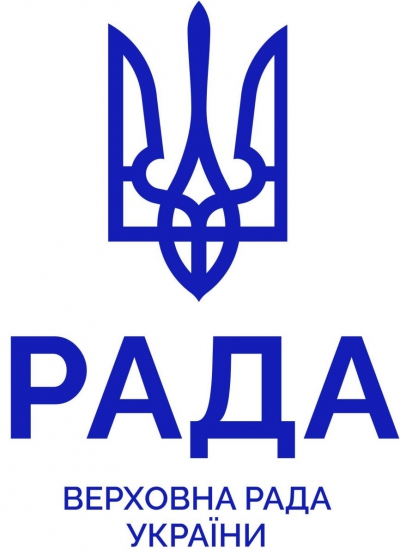The Declaration of State Sovereignty of Ukraine (Ukrainian: , romanized: Deklaratsiia pro derzhavnyi suvernitet Ukrainy) was adopted on July 16, 1990, by the recently elected parliament of Ukrainian SSR by a vote of 355 for and four against.The document decreed that Ukrainian SSR laws took precedence over the laws of the USSR, and declared that the Ukrainian SSR would maintain its own army and its own national bank with the power to introduce its own currency. The declaration also proclaimed that the republic has intent to become in a future "a permanently neutral state that does not participate in military blocs," and that it would not accept, nor produce, nor procure nuclear weapons.Shortly before Ukraine had done it other Soviet republics had also proclaimed their sovereignty; these being Moldavia, Russia and Uzbekistan.The Declaration established the principles of Self-Determination of the Ukrainian Nation, Rule of the People, State Power, Citizenship of the Ukrainian SSR, Territorial Supremacy, Economic Independence, Environmental Safety, Cultural Development, External and Internal Security, and International Relations.Also on July 16, 1990, parliament by a vote of 339 for and five against proclaimed July 16 a national holiday in Ukraine. And it created Ukrainian SSR citizenship while guaranteeing citizens the right to retain USSR citizenship, approving this by a vote of 296 for and 26 against.
The Verkhovna Rada of Ukraine (Ukrainian: Верхо́вна Ра́да Украї́ни, romanized: Verkhovna Rada Ukrayiny, lit. 'Supreme Council of Ukraine', Ukrainian abbreviation ВРУ), often simply Verkhovna Rada or just Rada, is the unicameral parliament of Ukraine. The Verkhovna Rada is composed of 450 deputies, who are presided over by a chairman (speaker). The Verkhovna Rada meets in the Verkhovna Rada building in Ukraine's capital Kyiv. The deputies elected in the 21 July 2019 Ukrainian parliamentary election were inaugurated on 29 August 2019.The Verkhovna Rada was transformed out of the system of republican representative body known in the Soviet Union as Supreme Soviet (Supreme Council) that was first established 26 June 1938 as a type of legislature of the Ukrainian SSR after the dissolution of the Congress of Soviets of the Ukrainian SSR.The 12th convocation of the Supreme Soviet of the Ukrainian SSR (elected in 1990) issued the Declaration of Independence of Ukraine, introduced elements of a market economy and political liberalization, and officially changed the numeration of its sessions, proclaiming itself the first convocation of the "Verkhovna Rada of Ukraine". The current parliament is the ninth convocation. Because of the War in Donbas and the unilateral annexation of Crimea by Russia, elections for the constituencies situated in Donbas and Crimea were not held in the 2014 and 2019 elections; hence the current composition of the Verkhovna Rada consists of 424 deputies.In the last elections to the Verkhovna Rada, a mixed voting system is used. 50% of seats are distributed under party lists with a 5% election threshold and 50% through first-past-the-post in single-member constituencies. The method of 50/50 mixed elections was used in the 2002, 2012, 2014 and 2019 elections; however, in 2006 and 2007, the elections were held under a proportional system only. According to the election law that became valid on 1 January 2020 the next election to the Verkhovna Rada (set for 2023) again will be held under a proportional scheme.

1990Jul, 16
The Parliament of the Ukrainian SSR declares state sovereignty over the territory of the Ukrainian SSR.
Choose Another Date
Events on 1990
- 2Aug
Gulf War
Iraq invades Kuwait, eventually leading to the Gulf War. - 8Aug
Gulf War
Iraq occupies Kuwait and the state is annexed to Iraq. This would lead to the Gulf War shortly afterward. - 23Aug
Gulf War
Saddam Hussein appears on Iraqi state television with a number of Western "guests" (actually hostages) to try to prevent the Gulf War. - 28Aug
Kuwait
Iraq declares Kuwait to be its newest province. - 28Nov
Margaret Thatcher
British Prime Minister Margaret Thatcher resigns as leader of the Conservative Party and the prime ministry, and is succeeded as both by John Major.

 English
English  español
español  français
français  português
português  русский
русский  العربية
العربية  简体中文
简体中文 